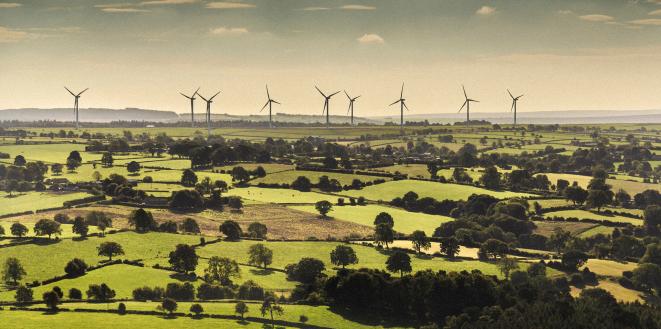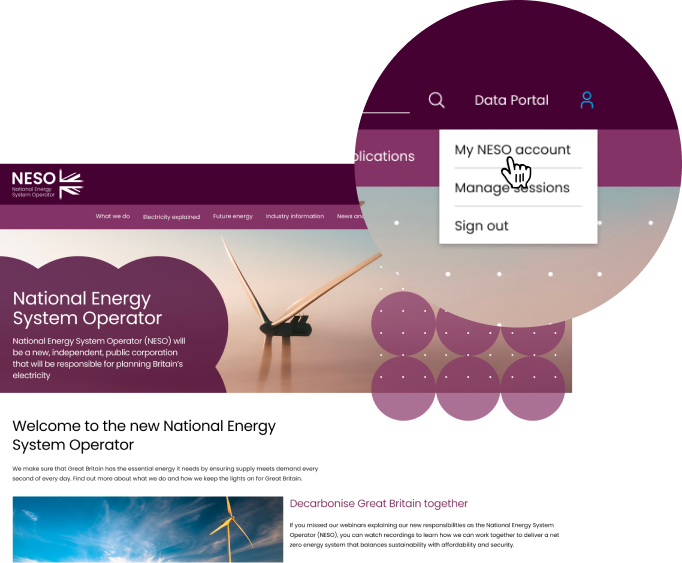
Reformed National Pricing

Journey to RNP and NESO’s role
The Government’s Review of Electricity Market Arrangements (REMA) programme was launched in April 2022 to identify the market reforms needed to create a fair, affordable, secure and efficient system and maximise benefits of clean power for consumers.
NESO worked with government and Ofgem to develop the case for change for REMA, and in parallel launched its own programme, Net Zero Market Reform to develop its own independent view of what reforms would be needed. In January 2024, NESO became a formal delivery partner in REMA.

Conclusion of REMA
REMA was concluded in Summer 2025 with a decision taken by ministers to retain a single national price in the wholesale market, alongside substantial reforms to balancing and greater strategic planning and co-ordination.
The challenges identified by REMA will be tackled through a package of reforms – ‘Reformed National Pricing’ (RNP). NESO has stood up its own RNP Programme, to work alongside government, Ofgem and industry to design, develop and implement these reforms.

Reformed National Pricing (RNP)
Effective markets are key to delivering and operating the most efficient energy system, and it is critical that those markets are efficiently designed and implemented to deliver affordable, secure and clean energy. RNP maintains a single national wholesale price while introducing market reforms to tackle three main challenges that were outlined by DESNZ in summer 2025
The Strategic Spatial Energy Plan (SSEP) Pathway will spatially optimise the energy system, on land and sea, across GB. RNP will identify and implement the appropriate package of siting and investment levers to deliver the SSEP pathway.
NESO are exploring reforms to drive better self-balancing ahead of gate closure; to give NESO more visibility of market positions; and to increase the volume of flexible capacity available for redispatch in the Balancing Mechanism.
The RNP Programme is investigating a broad range of options to address high forecast constraint volumes and costs.
NESO will work with industry and government to identify, design and implement these reforms to ultimately enable a clean, secure and reliable system that is cost effective for consumers.

Publications and Engagement Opportunities
Government will publish a delivery plan and further detail on the scope of RNP later in the year.

REMA Archive
Our Net Zero Market Reform programme was established in early 2021 to examine holistically the changes to current GB electricity market design that will be required to achieve net zero, you can view our archive on REMA.

Sign up to our mailing list
Stay updated on all the news and key events for the Reformed National Pricing.
For more information on or to find out how you can get involved, email us using [email protected]
